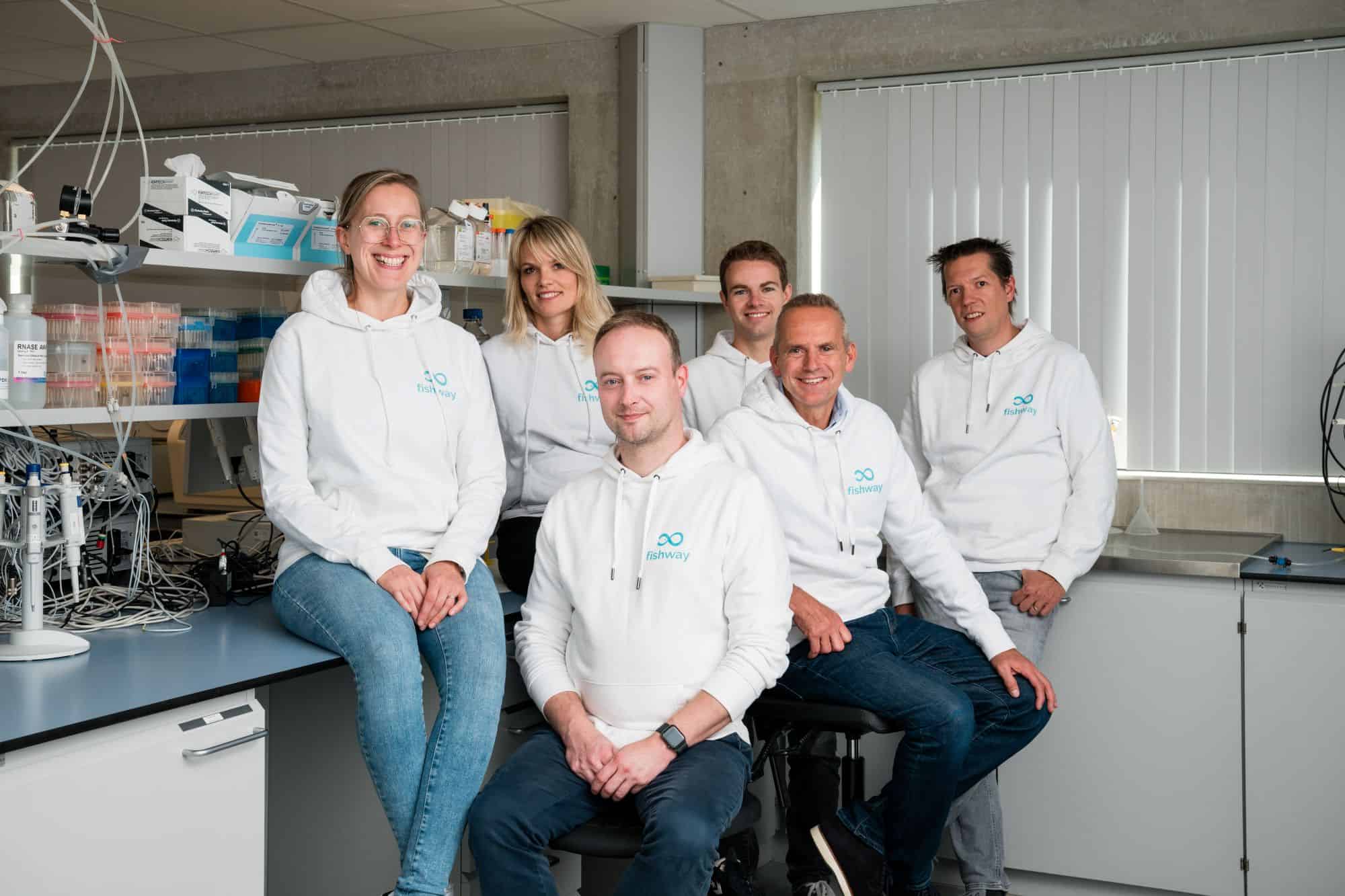A new report has urged the Australian government to take advantage of the “once in a generation” opportunity to build sovereign capability in food biotechnology and biomanufacturing.
Called Made & Grown – The future of food biotechnology & biomanufacturing in Australia, the white paper has been produced through a collaboration between Cellular Agriculture Australia (CAA), ANU Agrifood Innovation Institute (AFII), Australian Strategic Policy Institute (ASPI), and the ANU National Security College (NSC). It emphasises the role of food security in safeguarding national security, and positions food biotechnologies and biomanufacturing as a solution.
The publication of the report follows the first round of public consultation for the government’s Feeding Australia national food security strategy. It builds on insights from the conference Made & Grown – The Future of Food, which took place in Canberra in August. The event featured Martijn Wilder AM, Chair of the National Reconstruction Fund, as a guest speaker.
“This paper takes a whole-of-sector view of food biotechnology and biomanufacturing — looking beyond individual technologies like plant synthetic biology, precision fermentation or cell cultivation,” said Owen Atkin, Director of the ANU Agrifood Innovation Institute. “It shows how these innovations are converging across the food system to enhance traditional agriculture, create new value-added opportunities for traditional agriculture, and build entirely new food production systems.”

“The government must act now”
The white paper outlines 25 recommendations to help the Australian government and the sector accelerate the commercialisation and adoption of food biotechnologies. These recommendations span five priority areas — national security, policy, regulation, research, and infrastructure.
The report suggests that Australia is well-placed to lead the market for biomanufactured foods, since it has strong sectoral momentum along with advantages such as globally recognised food safety and quality standards, high-quality feedstock, and cross-disciplinary research capability. The paper will guide CAA’s ongoing policy and advocacy efforts.
A previous report published by CAA last year found that Australia has the potential to be a global leader in precision fermentation, but government support will be crucial. Less than three months later, Australia’s Food and Beverage Accelerator published a white paper that supports this conclusion, finding that precision fermentation could generate $30 billion annually for the country.
“Australia has the ingredients to lead in food biotechnology and biomanufacturing — but we are losing ground to global competitors and the
window of opportunity is closing,” said Dr Sam Perkins, CEO of Cellular Agriculture Australia. “The government must act now in recognition of the critical role that food biotechnology can play in building sovereign capability that underpins both Australia’s food and national security.”




